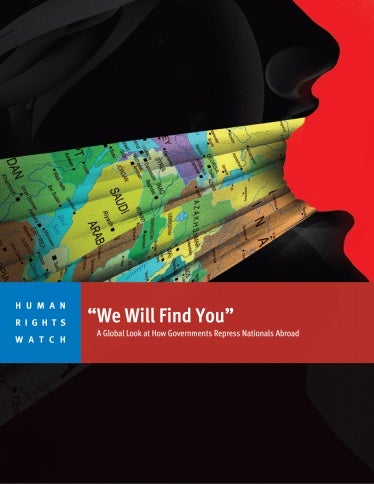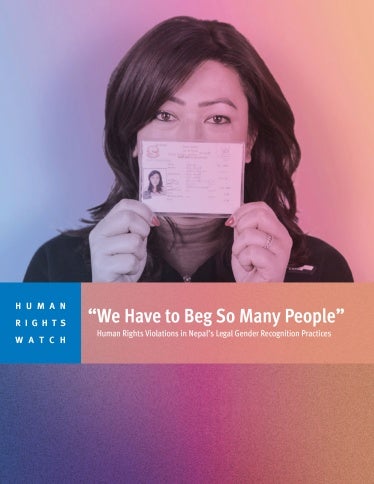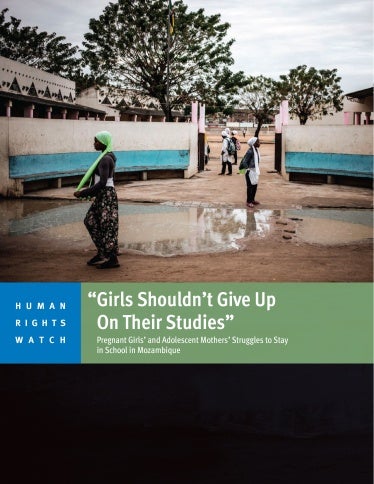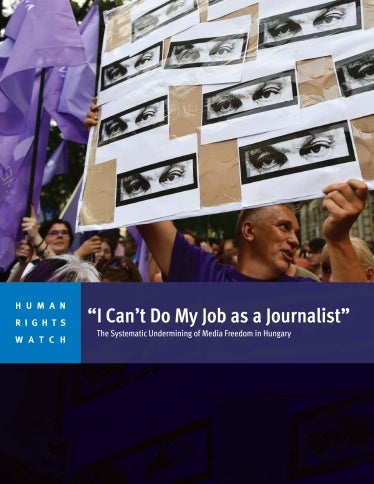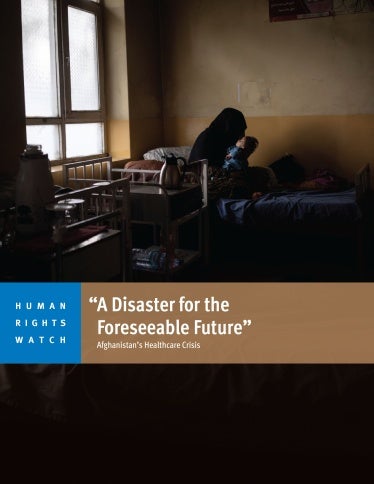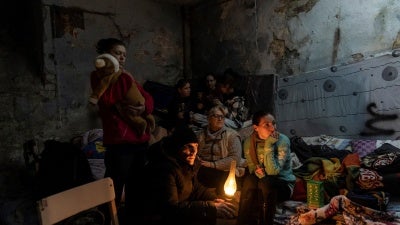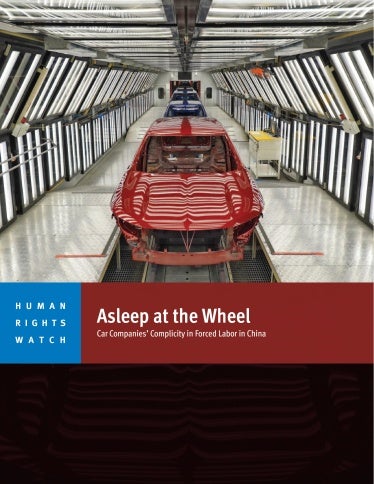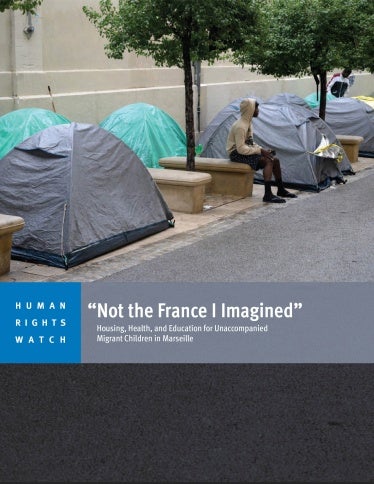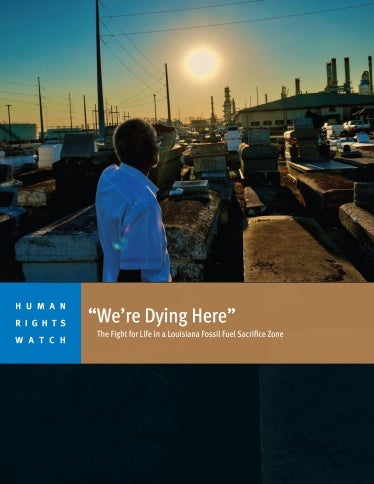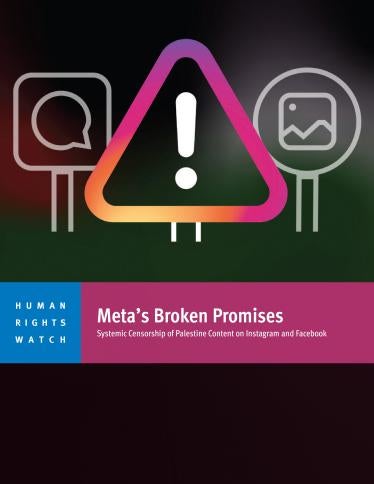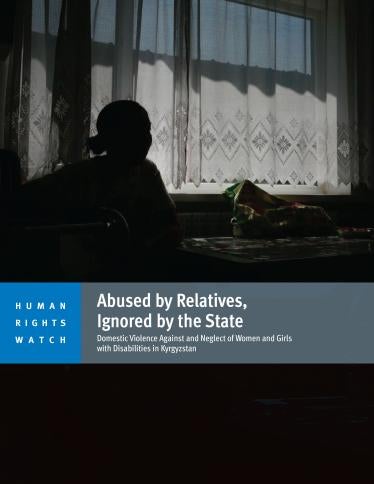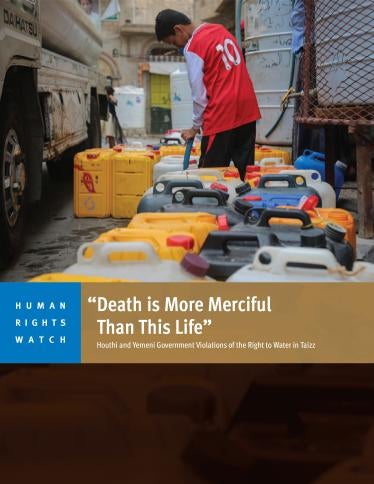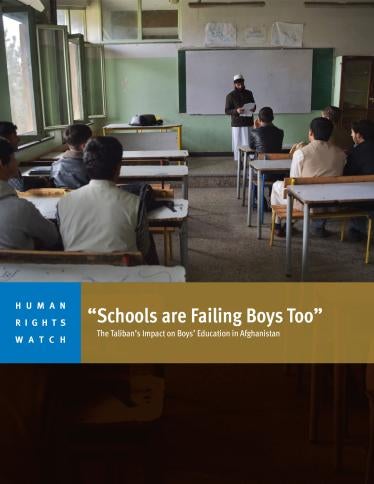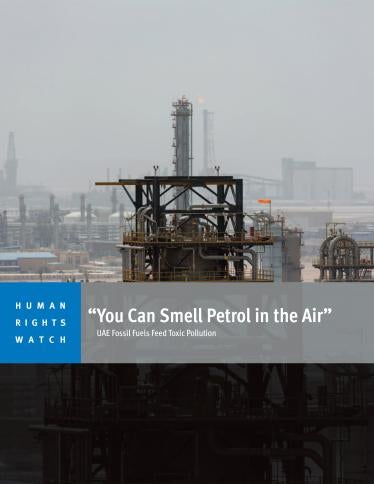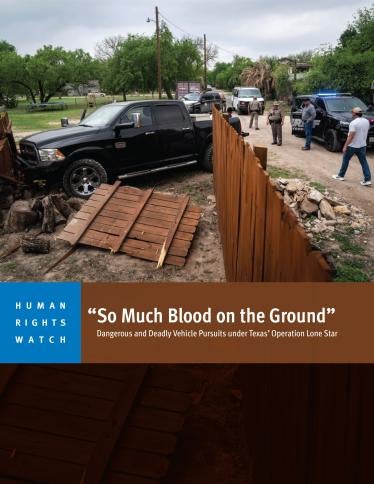“Hopeless, Starving, and Besieged”
Israel’s Forced Displacement of Palestinians in Gaza
The 154-page report, “‘Hopeless, Starving, and Besieged’: Israel’s Forced Displacement of Palestinians in Gaza,” examines how Israeli authorities’ conduct has led to the displacement of over 90 percent of the population of Gaza—1.9 million Palestinians—and the widespread destruction of much of Gaza over the last 13 months. Israeli forces have carried out deliberate, controlled demolitions of homes and civilian infrastructure, including in areas where they have apparent aims of creating “buffer zones” and security “corridors,” from which Palestinians are likely to be permanently displaced. Contrary to claims by Israeli officials, their actions do not comply with the laws of war.


